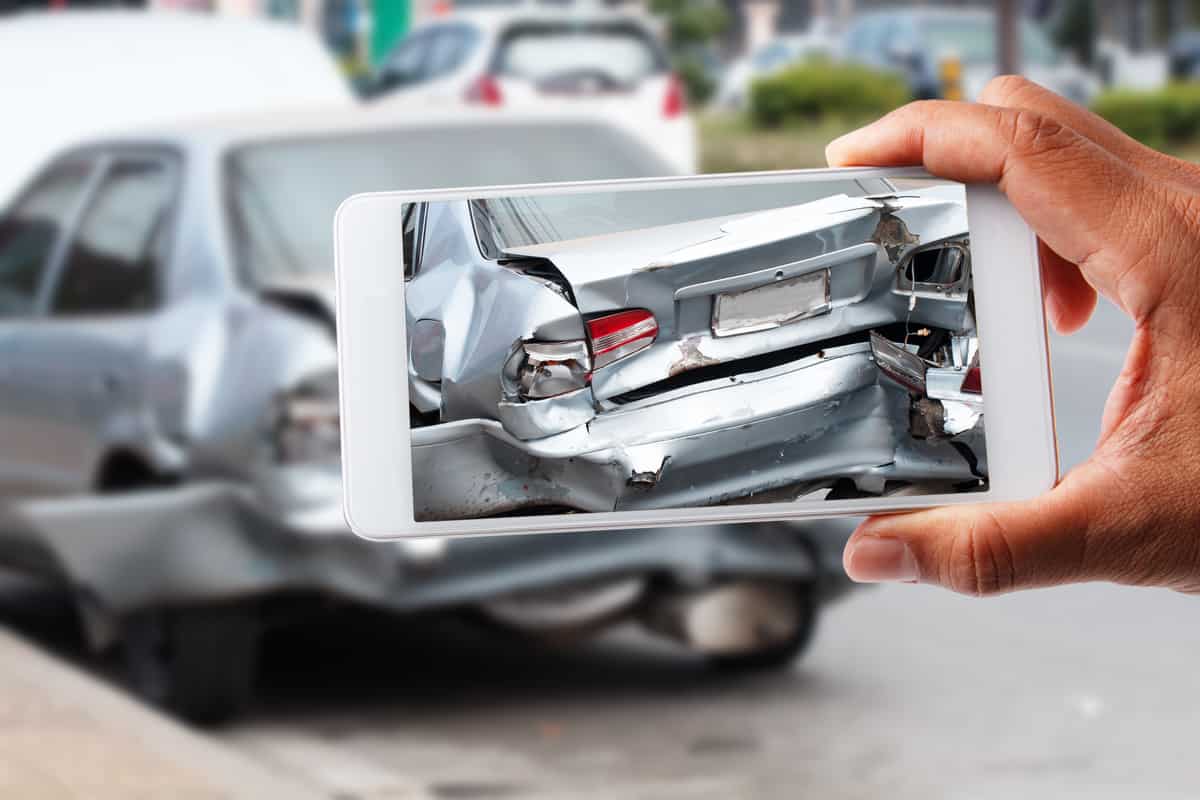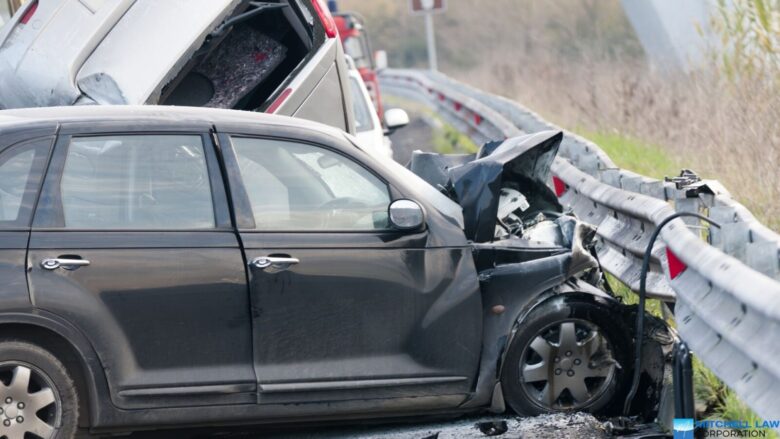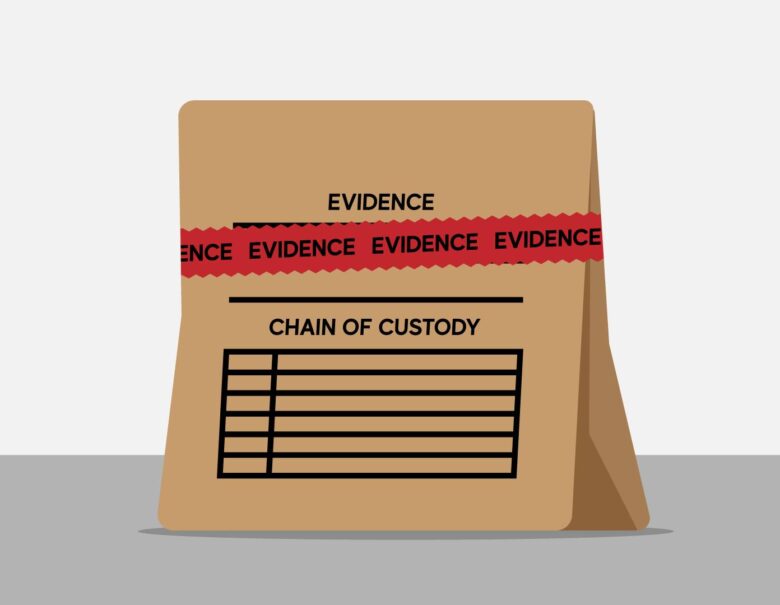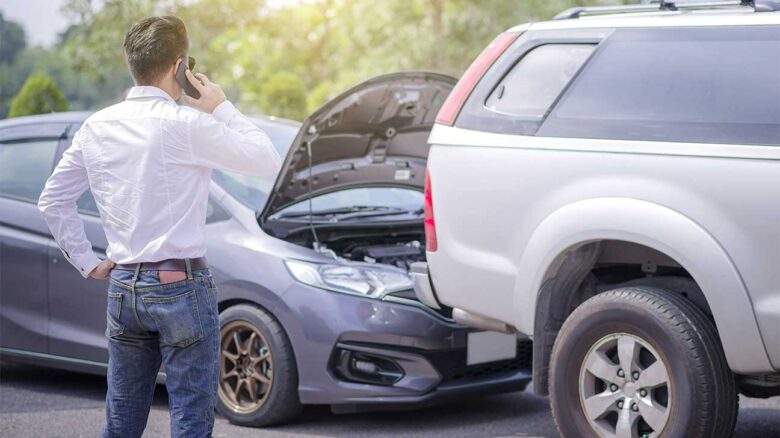Navigating the aftermath of a car accident is a daunting task, filled with crucial decisions and actions that can shape your recovery and legal standing. Understanding the right steps to take immediately following an accident is essential. From ensuring your physical well-being to protecting your legal rights, each action can significantly impact the resolution of the incident. This guide provides a concise and practical roadmap for anyone involved in a car accident, emphasizing the importance of timely and informed decisions in the face of such unexpected and stressful situations.
Car accidents are stressful, overwhelming experiences. They can result in consequences that impact just about every aspect of your life. Since these collisions occur unexpectedly, the initial moments afterward can be especially disorienting and shocking.
For better or worse, however, this is a critical period of time – not only for your health and well-being but also for the success of any potential legal claims you might have against the other driver.
Perenich, Caulfield, Avril & Noyes Personal Injury Lawyers notes that there are certain things you should do (and not do) immediately after getting into a car accident in St. Petersburg, Florida. Here are 10 of the most important things to keep in mind.
Call 911 and Alert the Authorities of the Crash
Dialing 911 to notify the police and emergency personnel of the accident is one of the first steps you should take. This is required by state law in Florida for many crashes, including any collision that causes injury.
Although police reports are not admissible evidence in a court of law, they are still useful to have during settlement negotiations with the at-fault party.
Collect Evidence at the Scene

If you can do so safely, collect any available evidence that you can from the accident scene. This goes beyond exchanging insurance and contact information with the other driver (which you should also do).
As a few examples, you might take photos and videos of any damage or injuries you’ve sustained. It can also be helpful to take down the contact information of any eyewitnesses who saw the crash. Further, note whether there are any nearby surveillance cameras that might have caught the accident.
Receive Medical Treatment
Getting medical care is oftentimes not even a question after a car accident, as your injuries might be too serious to ignore. However, prompt medical attention is likely in your best interest even if you haven’t sustained an obvious injury.
Not all injuries will immediately present symptoms at the scene of the crash. Further, medical records and documentation can help support your claim for compensation down the line.
Avoid Apologizing or Accepting Blame
This is more of a “don’t” than a “do,” but it is important to point out nonetheless. Make sure that you don’t apologize to anyone about the crash, nor accept any blame. Doing so could hurt your legal interests.
Florida has a “modified comparative negligence” standard in place for allocating fault between those involved in accidents. Your compensation can be reduced or even eliminated altogether if you are successfully blamed for the crash.
Speak With an Experienced Car Accident Attorney

As soon as you can after your accident, set up a free consultation with a local St. Petersburg car accident attorney. During this meeting, the lawyer can review your case and offer some initial legal advice on how best to proceed.
Florida is a “no-fault” state for car accidents, so your best option may be to file a claim against your Personal Injury Protection (PIP) insurance policy. However, there are many circumstances wherein you can also pursue a claim against the driver responsible for your accident.
In those cases, having legal representation can make all the difference in a successful outcome. And since most lawyers in this area of the law work on contingency, you can hire them without paying any upfront fees. From there, you only owe attorney’s fees if the lawyer wins or settles your claim.
Exchange Information with the Other Driver
After ensuring everyone’s safety, it’s imperative to exchange vital information with the other driver involved in the accident. This step is foundational for the post-accident process. Gather names, contact details, insurance information, and vehicle license plate numbers meticulously.
This information is the bedrock of filing insurance claims and documenting the incident thoroughly. It’s not just about having the information but ensuring its accuracy, as this data forms the basis for any future proceedings related to the accident.
Report the Accident to Your Insurance Company
Once you have secured the necessary information, the next critical step is to inform your insurance company about the accident. This should be a prompt action, aiming to initiate the claims process without delay. Provide your insurer with a detailed account of the incident, sticking to the facts and avoiding speculations.
Following the instructions provided by your insurance company meticulously is key to a smooth claim process. Remember, timely and accurate reporting is instrumental in expediting the claims procedure and avoiding any complications.
Preserve Evidence

Securing any physical evidence related to the accident is a proactive step towards strengthening your claim. This might include fragments from the damaged vehicle, torn or blood-stained clothing, or any personal belongings that were damaged during the incident.
Such evidence can play a pivotal role in piecing together the events leading up to the accident and can be instrumental during legal or insurance proceedings. It’s about creating a tangible narrative of the accident that supports your account of the incident.
Document Your Injuries and Medical Treatment
In the aftermath of an accident, maintaining a comprehensive record of your injuries and subsequent medical treatments is crucial. This documentation should be meticulous, capturing details such as the nature of injuries, the progression of your medical condition, treatments received, and the expenses incurred.
This record not only bolsters your claim for compensation but serves as undeniable proof of the impact the accident has had on your life. Particularly in the context of a personal injury claim, such detailed documentation can be the linchpin in establishing your case.
Follow Up with Medical Care
Post-accident recovery is not just a physical process but a documented journey that has significant implications for your legal claim.
Adhering strictly to your healthcare provider’s advice, attending all medical appointments, and undergoing prescribed treatments contributes to a consistent medical narrative. This narrative is crucial; it demonstrates the direct link between the accident and your injuries, reinforcing the legitimacy of your claim.
Consistent medical care serves a dual purpose: it supports your physical recovery and solidifies the foundation of your legal case, making it evident that the injuries sustained are a direct result of the accident.

